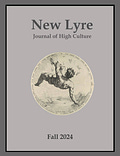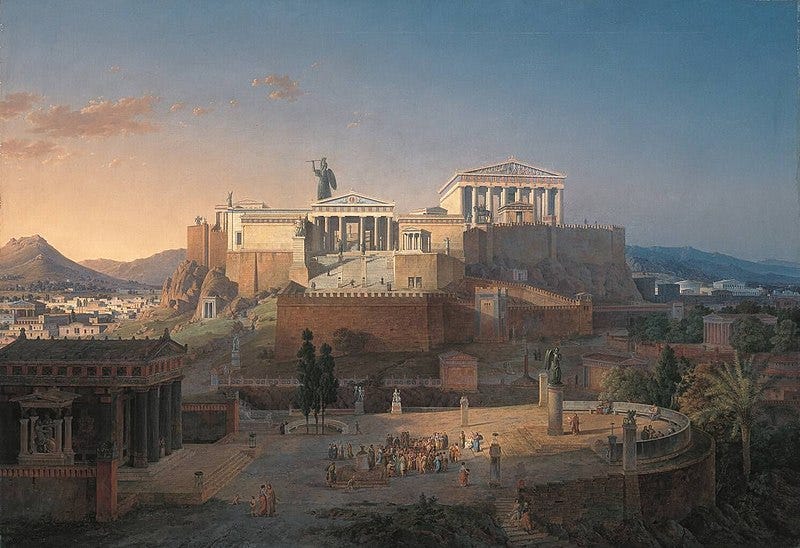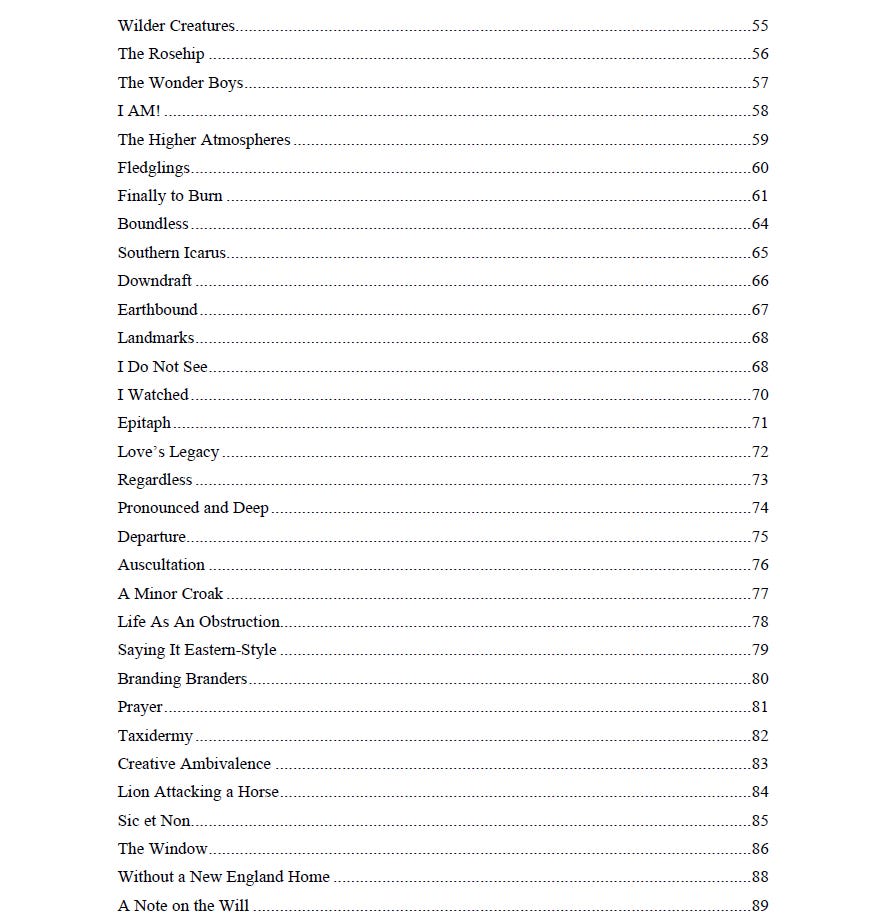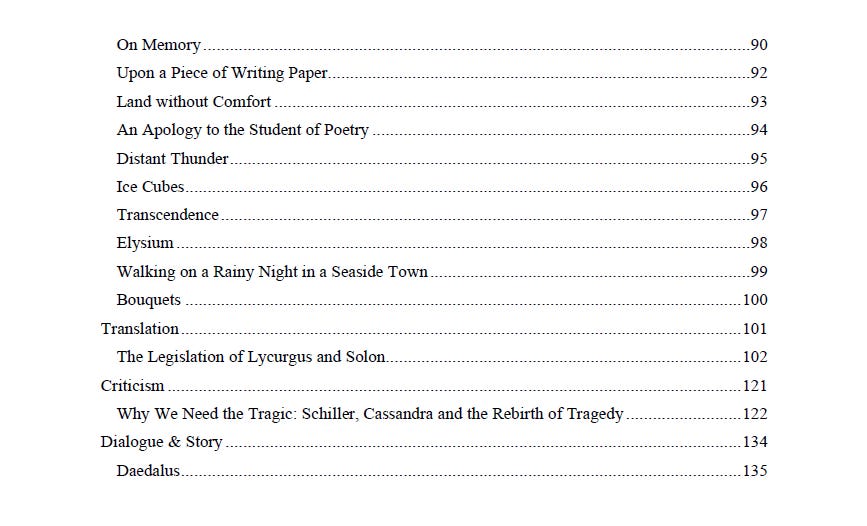The Chained Muse is proud to bring you the latest issue of New Lyre Magazine.
Our Fall 2024 journal offers a new selection of timeless verse and prose by some of the leading poets and artists writing today.
While it’s popular to lament the loss of a bygone golden age or bemoan the disappearance of some lost enchanted world, don’t we usually overly romanticize the past?
After all, leading Renaissance minds like Dante Alighieri and Francesco Petrarch also lamented the intellectual and moral degeneration of their age. Plagues ravaged Europe and many of its Italian regions were caught up in seemingly endless wars between the Guelphs and Ghibellines.

So, in his seventh sonnet Petrarch wrote of Philosophy’s wretched treatment during his lifetime:
Sheer gluttony and sleep and idle couches
have, from the world, now banished every virtue;
whence, from the Way, it’s almost lost to purview
our nature, overborne by custom’s slouches.
And so’s extinguished every light that’s bounteous
from Heaven, through which life more human’s nurtured,
that as a thing miraculous is then viewed
one who would lead from Helicon one fountain.
What longing for the laurel? What for myrtle?
“Naked and poor, Philosophy goes, rather,”
says that vile crowd to vilest gain conditioned.
You’ve little company on ways quite other;
so much the more I pray you, soul most gentle:
greathearted, not to turn from your ambition.
Similar things can be said of Ancient Greece and Rome, whose leading minds, including Solon, Socrates, and Seneca, emerged during some of the most perilous periods in the history of any republic. They were also some of the greatest critics of their ages.
So, in our featured translation, Schiller’s “The Legislation of Lycurgus and Solon,” the historian-poet describes the obsession with fame and novelty which dominated much of Athenian public life during the so-called “Golden Age of Athens”?
The love of fame and the thirst for novelty controlled them to the point of debauchery; the Athenian often staked his fortune, his life and, not infrequently, his virtue on fame. A crown of olive branches, an inscription on a pillar proclaiming his merit, was to him a more ardent spur to great deeds than all the treasures of the great king were to the Persian.
The description has an uncanny resemblance to our own age’s obsession with social media trends, celebrity worship and the insatiable desire to go “viral.”
Then again, there is nothing new under the sun. What we choose to create under the sun, however, is a different story.
We’ve chosen to create a journal that offers readers some of today’s finest timeless verse and prose—echoing the best of the Western literary tradition today. And it’s all been brought together in our new beautiful magazine.
We therefore invite all our readers, lovers of fine art, poetry, and the classics to discover the new golden age hidden among the pages of New Lyre.
All our paid subscribers can instantly download the full issue below, or order hard copies by clicking the cover below.
Order hard copies by clicking the cover
Paid subscribers can access all archived posts and the latest issues of New Lyre Magazine. Renaissance Patrons can access our complete magazine archive, and receive a complimentary subscription to our sister publication, Age of Muses. Additionally, Renaissance Patrons receive two complimentary hard copies of our journal (we’ll contact you for mailing).
Keep reading with a 7-day free trial
Subscribe to The Chained Muse to keep reading this post and get 7 days of free access to the full post archives.








